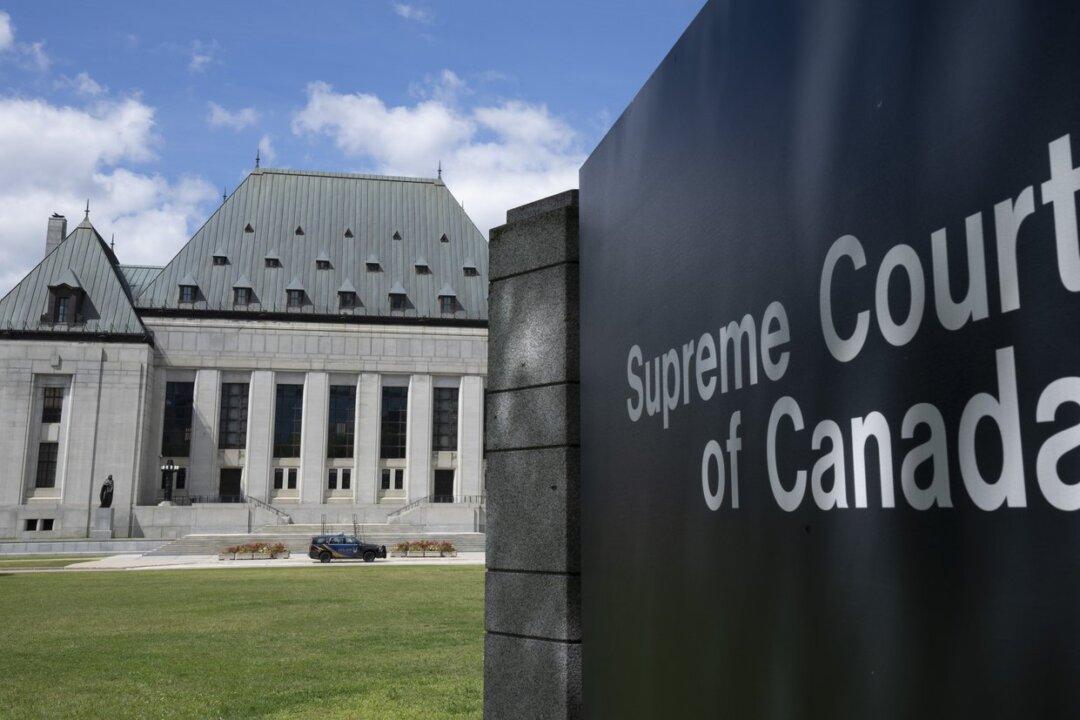The Supreme Court of Canada has agreed to hear the case of a British Columbia woman whose conviction in the drowning death of a toddler was quashed earlier this year.
Documents show that the court has granted the application for leave to hear the case of Tammy Bouvette, whose criminal negligence charge was thrown out by the B.C. Court of Appeal in April.





